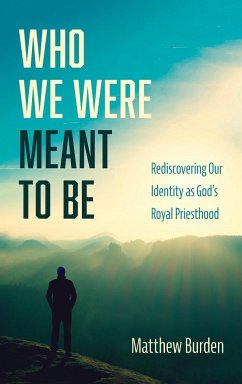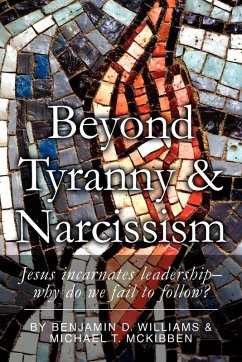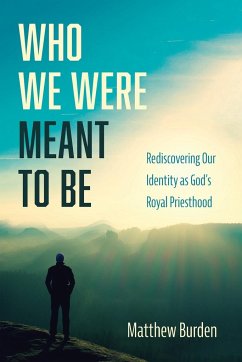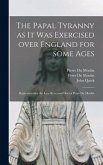This book examines the relationship between Luther's understanding of "what makes a Christian" (author's phrase) and his view of Christian political involvement. Luther's theological reflections on this subject and his political responses have been controversial since their initial expression. Modern interpretations of Luther's contributions have been dominated by negative judgments. Luther has been accused of fostering a quietist response to the government that is politically conservative at best and reactionary at worst (i.e. the government must always be obeyed whether it is right or wrong). Tyranny and Resistance addresses these modern judgments by examining Luther's political theory and by analyzing the Magdeburg Confession of 1550. It begins with an overview of Luther's theology in general and resistance in particular by examining the Peasants' War of 1525 and the Augsburg Recess of 1530. Whitford argues that in Luther there is a connection between Christian identity and community action.
Hinweis: Dieser Artikel kann nur an eine deutsche Lieferadresse ausgeliefert werden.
Hinweis: Dieser Artikel kann nur an eine deutsche Lieferadresse ausgeliefert werden.








